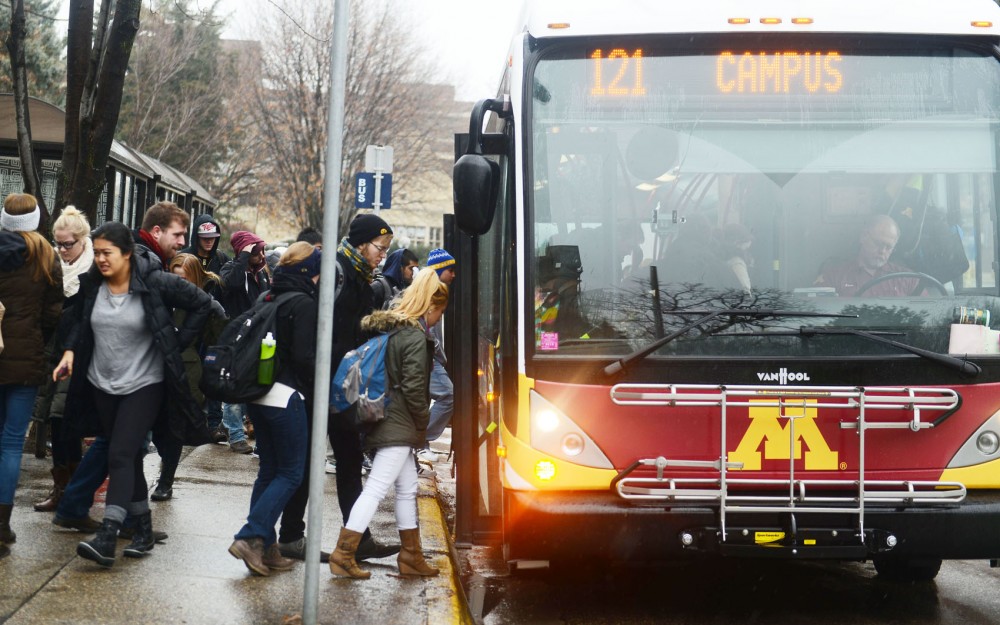With low divorce rates and good health, Minnesota was labeled the least-stressed state in the U.S.
A ranking released this month by Wallethub ranked the 50 states and the District of Columbia by looking at 33 indicators of stress.
The rankings factored work, money, family and health and safety-related stressors.
Bonnie Klimes-Dougan, a University of Minnesota psychology professor, said while Wallethub’s methodology isn’t inaccurate, it’s incomplete.
Klimes-Dougan said stress is typically measured by asking a person their level of stress, which can be subjective, or looking at how their brains respond to threatening stimuli. She said she also looks at physiological signs, such as heart rate, blood pressure and stress hormones.
“Those are the more objective ways that we can measure how the body responds to threat,” she said.
Though these are the most common ways to measure stress, Klimes-Dougan said an array of approaches is necessary to accurately determine whether a person or region is stressed.
“I don’t know that I would say any of them are inaccurate, but they all have their own limitations,” she said.
She said Minnesota’s population isn’t very transient, so people have secure family support systems that reduce stressors. The state also invests its money into the educational system or parks and recreation — which can reduce stress.
Susan Brower, Minnesota’s state demographer, said rankings like Wallethub’s are often subjective, though they can appear objective because they’re based on data.
“I’m not saying that the indicators should be completely thrown out, but I think they should be viewed with some caution,” she said.
Mustafa al’Absi, the University’s director of Behavioral Medicine, said he’s not aware of any credible national study that looks at stress objectively and would take this article’s results with caution.
“I would always ask about how the data was collected in what context,” al’Absi said. “That’s a caveat that’s always important to be aware of.”
At the University, more than 45 percent of students report stress impacting their academics and about 35 percent report being unable to manage their stress, according to a 2015 Boynton Health survey.








